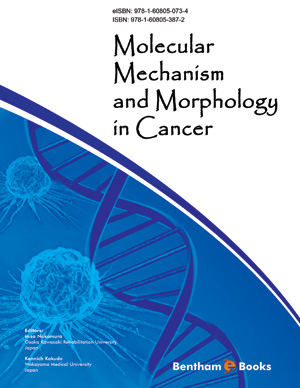Abstract
Gastrointestinal stromal tumors (GISTs) are the most common mesenchymal tumors of the human gastrointestinal tract. GISTs are positive for the c-kit gene product, KIT, which is a receptor tyrosine kinase and are considered to derive from interstitial cells of Cajal (ICCs) which are only KIT-positive proper cells of normal gastrointestinal tract. Most GISTs have gain-of-function mutations of the c-kit gene which are considered to be a main cause of GIST development. Gain-of-function mutations of the platelet-derived growth factor receptor alpha (PDGFRA) gene are another cause of GISTs in minor proportion. Thus, GISTs could be defined as a distinctive tumor type that is derived from ICCs or their precursor and develops through aberrant KIT or PDGFRA signaling. Majority of GISTs are morphologically spindle, and the remaining cases show epithelioid form or mixed feature of spindle and epithelioid structures. GISTs with PDGFRA gene mutations are almost always epithelioid, and most of them demonstrate myxoid change.






















